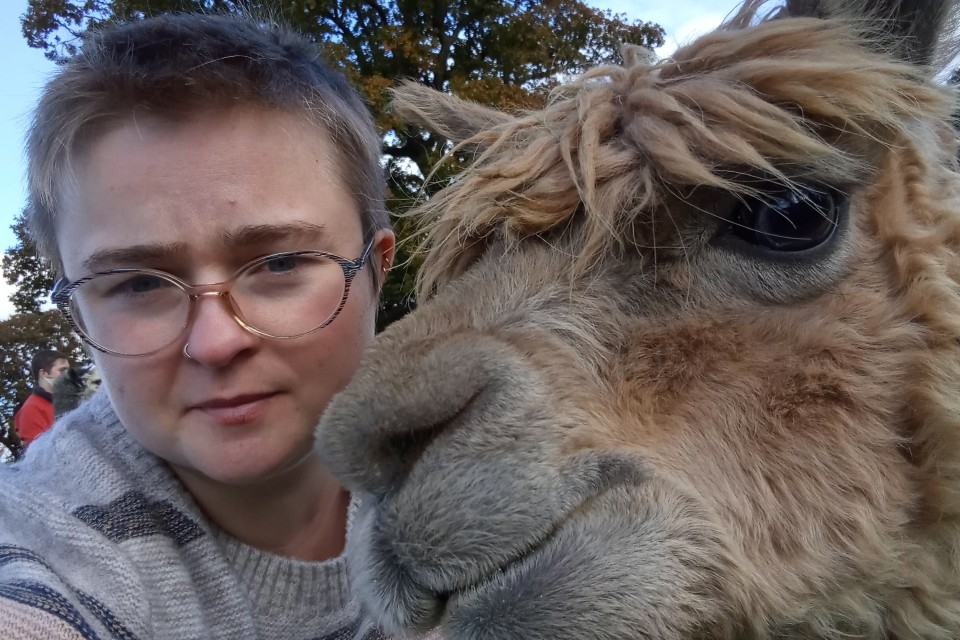Learning your own lessons
To mark Mental Health Awareness Week, GCS colleague Clare Mohan reflects on her mental health diagnoses and highlights the importance of taking time out to focus on our wellbeing – because we all have mental health, all of the time.

Since January, a significant part of my week has been creating regular all-staff emails for Defence’s staff, focused on wellbeing and mental health. The purpose of these has been to help our people know what support we offer them internally, as well as providing them with some simple tips and advice that they can use to support their own wellbeing. We’ve had great feedback and I’m really proud of the campaign.
There’s been one slight problem: while I spend a lot of my week researching each topic and making sure that I’m highlighting the most useful resources and advice possible… I’m not so good at following the advice I’ve been sending out across the department.
It’s been a bit ironic
I’ve had numerous conversations with people about simple tips and tricks to help them manage their mental health, whether it’s simple breathing exercises or getting away from your desk for lunch. But when it comes to myself, I’ve spent weeks cooped up in my own head, running in circles on the things that are worrying me most.
It got so bad, in the end, that I took most of February off work on mental health leave, and it took me until nearly the end of March to get back to working full time. I’m trying to remember the tools I’ve been sharing with others, so I’m making more of an effort to get out for a run most days, or at least walk around the village I live in more frequently.
I found it really difficult to admit to myself that I needed to step away completely from work. I’d tried for a while to just keep working and just ‘work harder’ because the work would be a nice distraction from everything else (or so I told myself). Ultimately that didn’t work.
Asking for help
I have Post-traumatic stress disorder (PTSD) and Borderline Personality Disorder. The last time I took a significant amount of time off for my mental health, it was because I’d been suddenly admitted to a psychiatric hospital. So I realised, after I’d finally summoned up the courage to ring the GP and ask for help, that I’d been putting it off because I didn’t want to go back to that dark place. Oddly enough, trying to continue as normal was pretty much a surefire way of ensuring that I nearly did.
One factor that also led to that delay in seeking help was partly linked to my previous experiences: I know what it feels like when you’re in a really severe mental health crisis and I was telling myself that because it wasn’t as bad as it was back then, I didn’t need the time off. I’d given plenty of other people much more supportive advice even while I was telling myself just to be tougher and stricter with my own needs.
Take your own advice
Why am I saying this? Because I think a lot of us in communications at the moment (particularly in internal communications) are probably quite closely tied up with work on wellbeing and mental health. And people are justifiably and commendably passionate about supporting each other. But it can be really, really easy to give one lot of advice to others while holding yourself to a far, far harsher standard.
So if something in this blog post has resonated with you, if you recognise that you’ve been pushing yourself harder than you can sustain for longer than you can manage, try to learn the lessons you’ve been giving others. Talk to yourself like you would your best friend. Take a step back. Breathe. And ask someone for help.
- Image credit:
- Clare Mohan (1)
